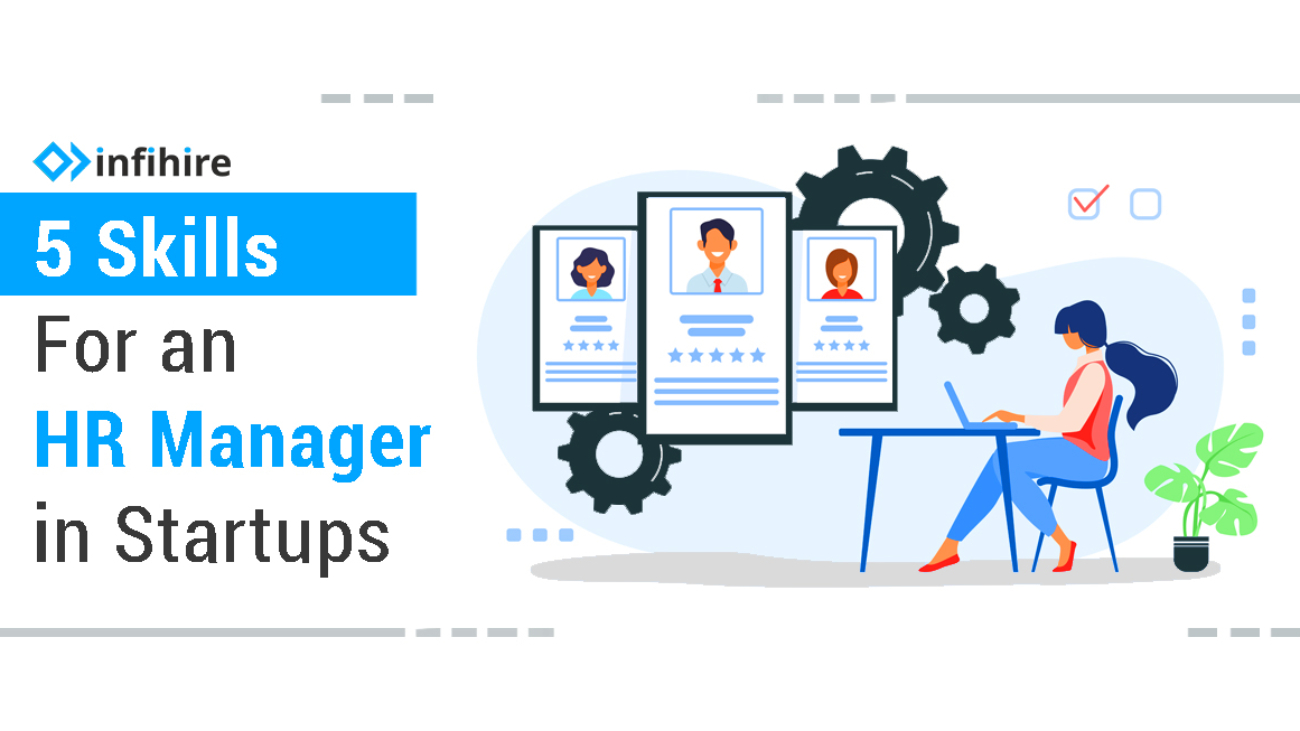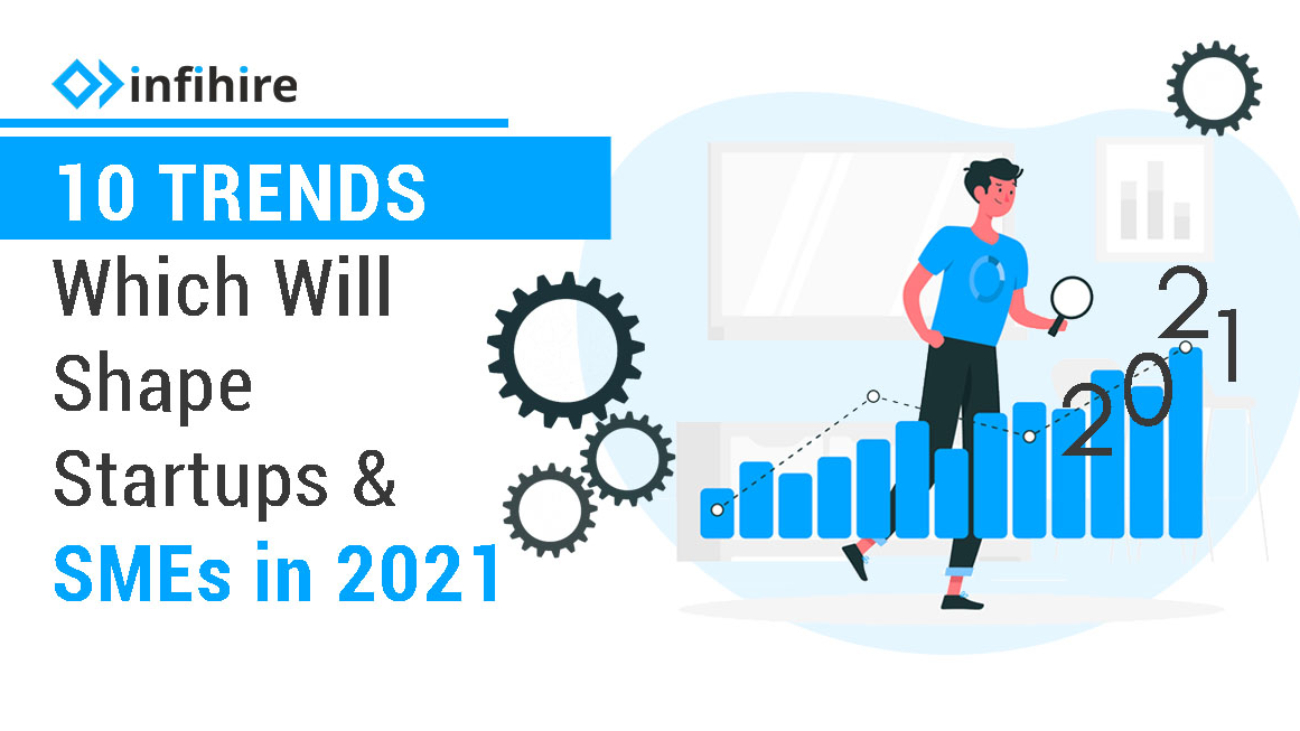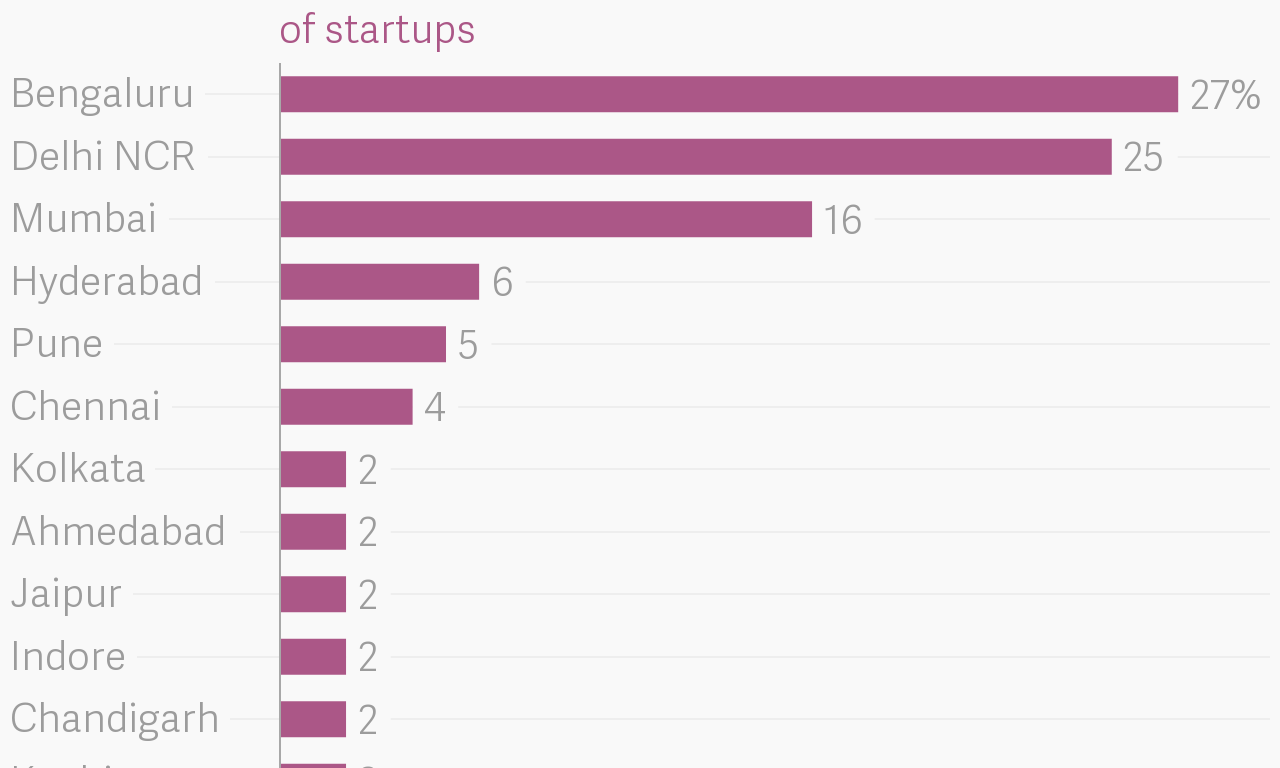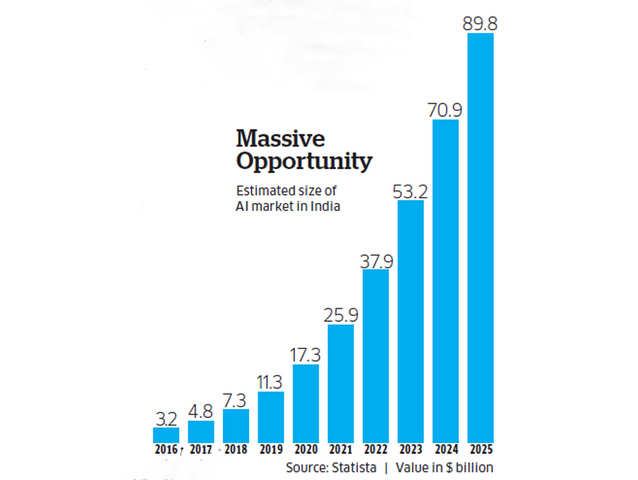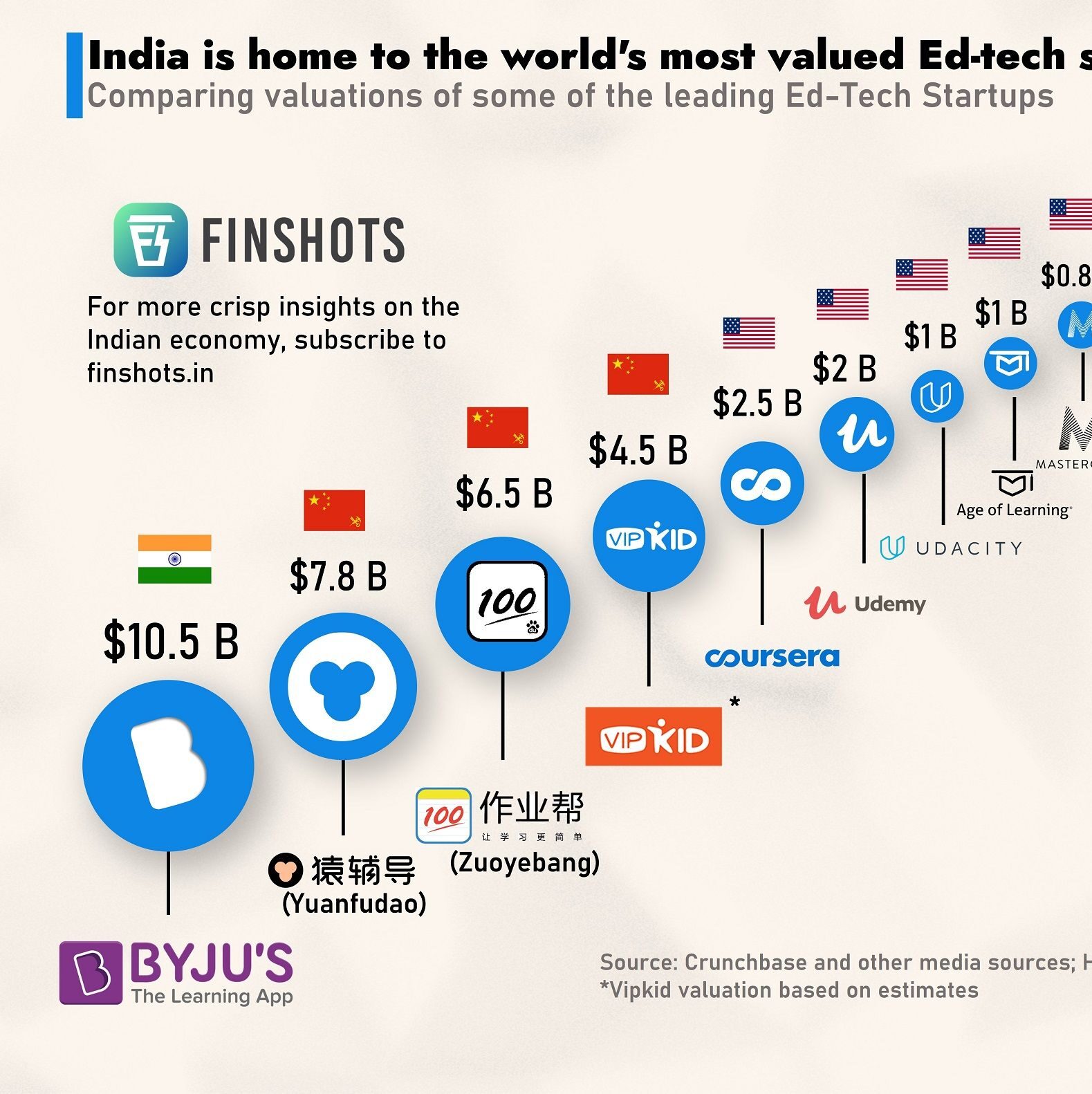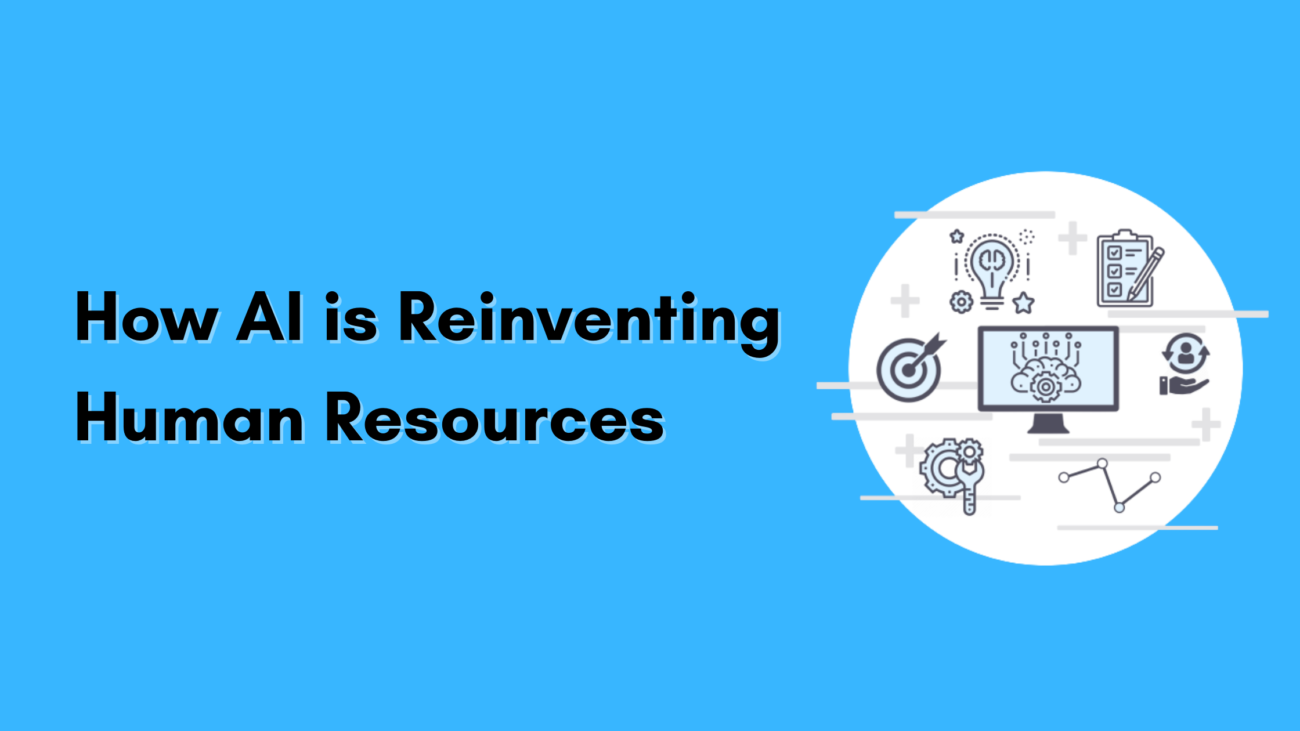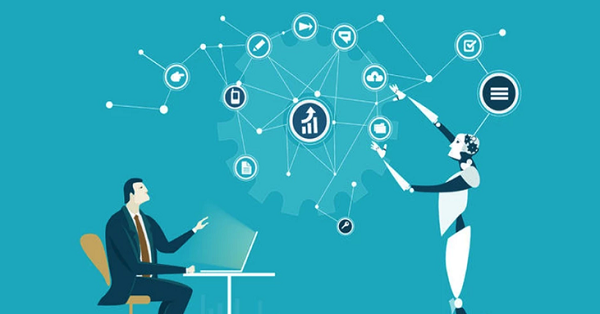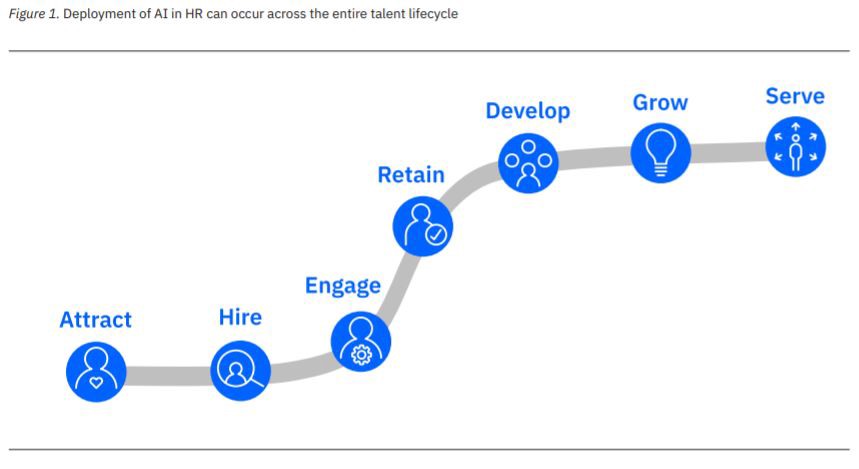Do you have what it takes to be an HR manager in a startup or an SME? If yes, then there are certain HR manager skills that you need to be adept with.
Any startup or an SME in its growing stage focuses highly on getting the right kind of people on board. At the end of the day, it’s the right people who make or break a company.
While it seems like HR is just a job for any “people’s person”, it is way more than that. HR managers are required to be equipped with tons of skills and characteristics in order to ensure an efficient workplace and overall functioning of the company.
So, here are some of the most important HR manager skills to excel in a startup or an SME.
Suggested For You: Artificial Intelligence & HR: How AI Is Reinventing Human Resources
Agility
Agility can undoubtedly be one of the most important HR manager skills for a startup. Being someone who looks after the human resources in any startup or up and coming SME isn’t an easy task. The HR managers in a startup organisation need to be agile in handling different situations.
From handling conflicts to donning different hats, and even covering up for various roles at a time, are all that is expected to be there in an HR personnel’s job description.
Tech-Ready
Technology has been contributing to making several functions more streamlined and efficient. Human resources are no different.
An HR manager in a startup should be able to capitalise on the resources which are readily available to them.
From listing for job roles on different social media platforms to be able to use talent acquisition and recruitment software. A tech-ready HR personnel brings a lot more to the table.
Recruitment & On-boarding
Recruitment and on-boarding the right talent is not just bringing new people into the team. The potential team members and the ones who end up joining the organisation will have the HR personnel as their first point of contact.
This means that every step that the human resources personnel takes it going to make or break the goodwill and image of the organisation.
Hence, HR personnel has to wear the PR hat when it comes to recruiting and on-boarding the correct talent.
Empathy
Every HR personnel deals with people directly. The HR manager deals with employees on a daily basis. HR managers should be equipped with handling different situations with empathy and compassion.
Today’s workplace culture requires a more empathetic, happy and people-oriented workspace. This calls for an HR manager to follow an open-door policy that makes the employees in the organisation feel valued and comfortable.
Diversity Focused
The workplace of today is expected to be inclusive and diverse. Employees and team members from different walks of life join the organisation. A diverse workspace is a melting point for varying cultures, economic conditions, social backgrounds, religions and a lot more.
The HR managers in such diverse workplaces should be well-equipped with the communication skills and strategies which respects these diverse backgrounds.
Conclusion | HR Managers Skills in Startups
Human resources in a startup is a vital function. As we stated above, the team which works on an idea is bound to make it or break it.
Being an HR manager in a startup involves much more than the name and job description suggests.
Contrary to the popular belief, HR as a department and skill has been evolving continuously to become adept with the future workplaces and work culture.
The HR managers in startups and organisations are therefore expected to be able to adapt to these changes and curate a more holistic human resources approach.
